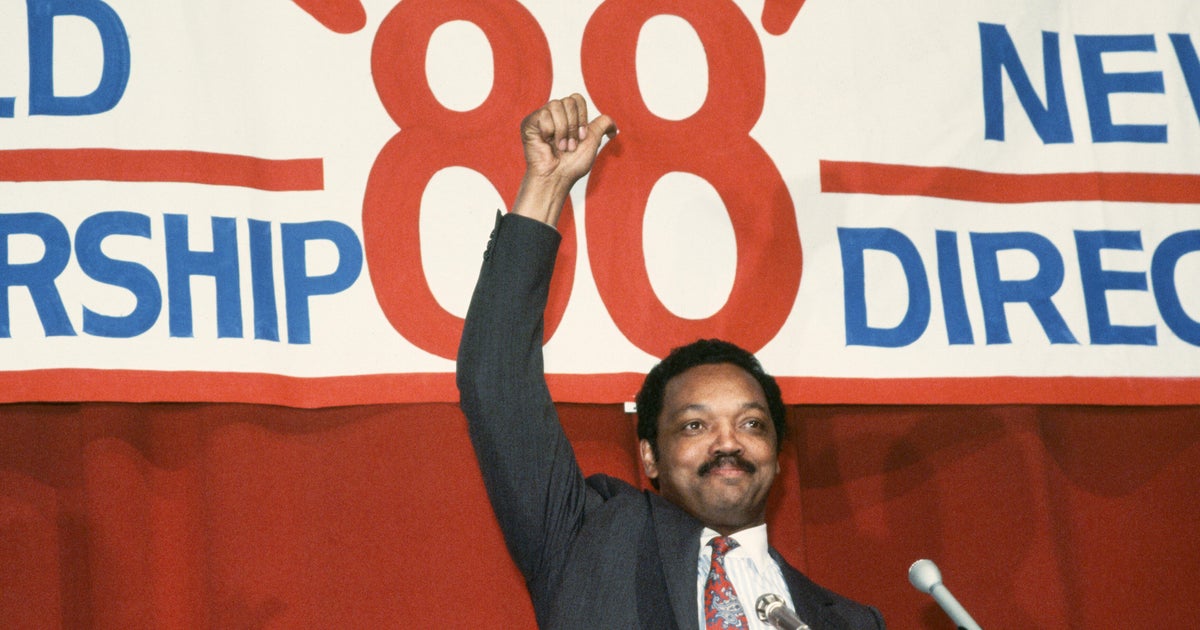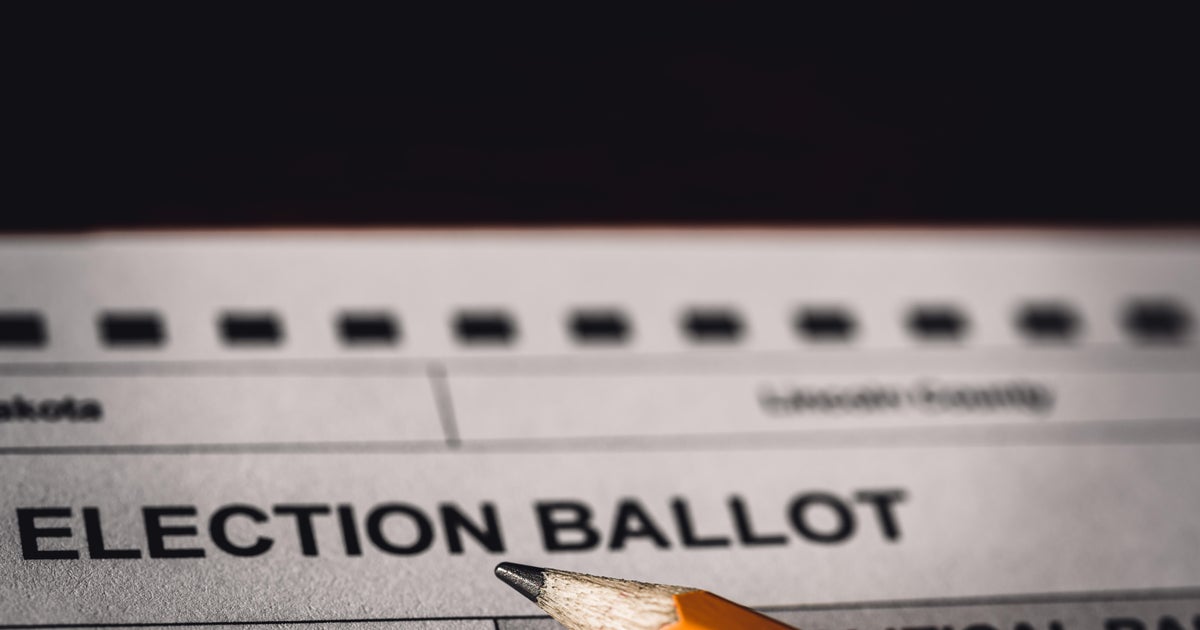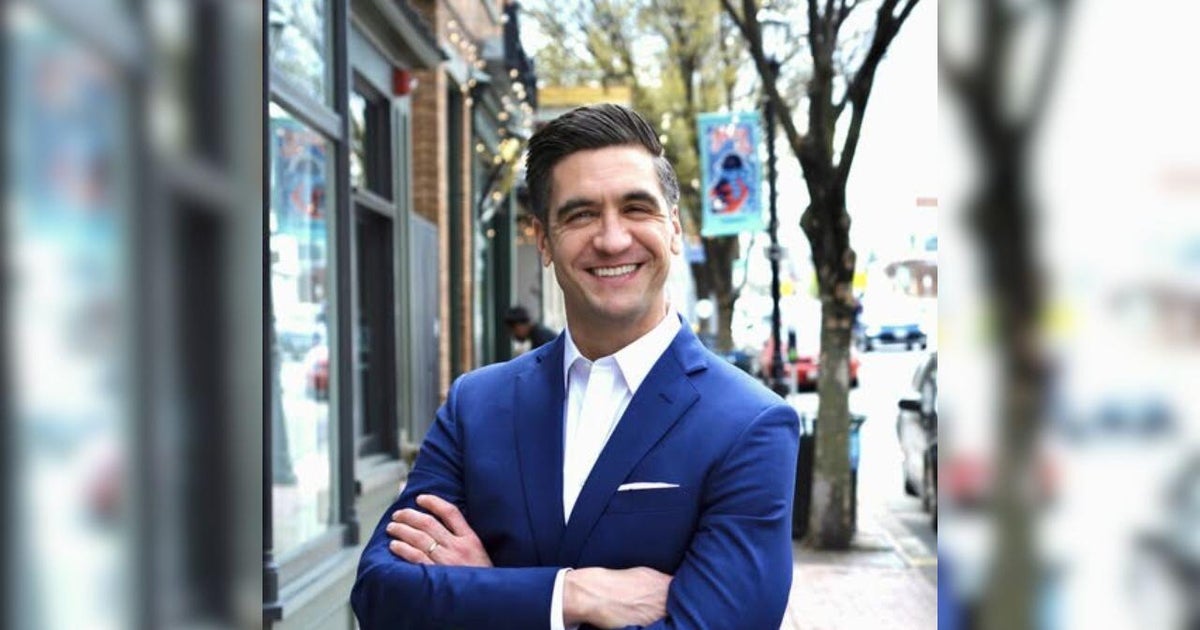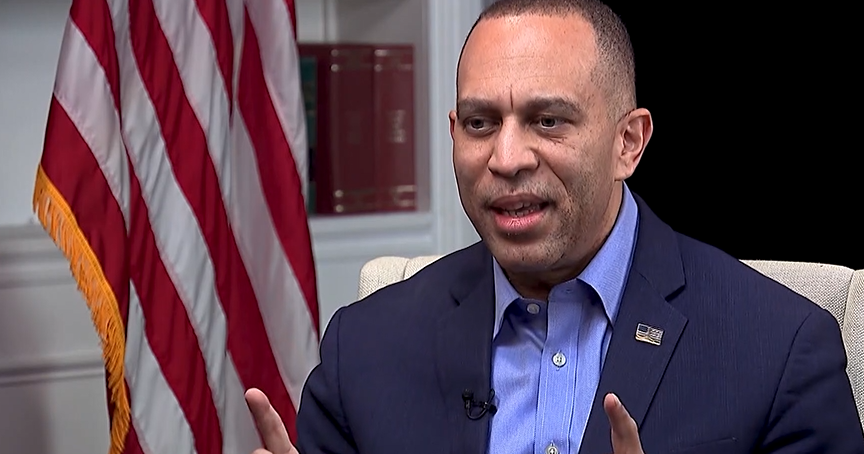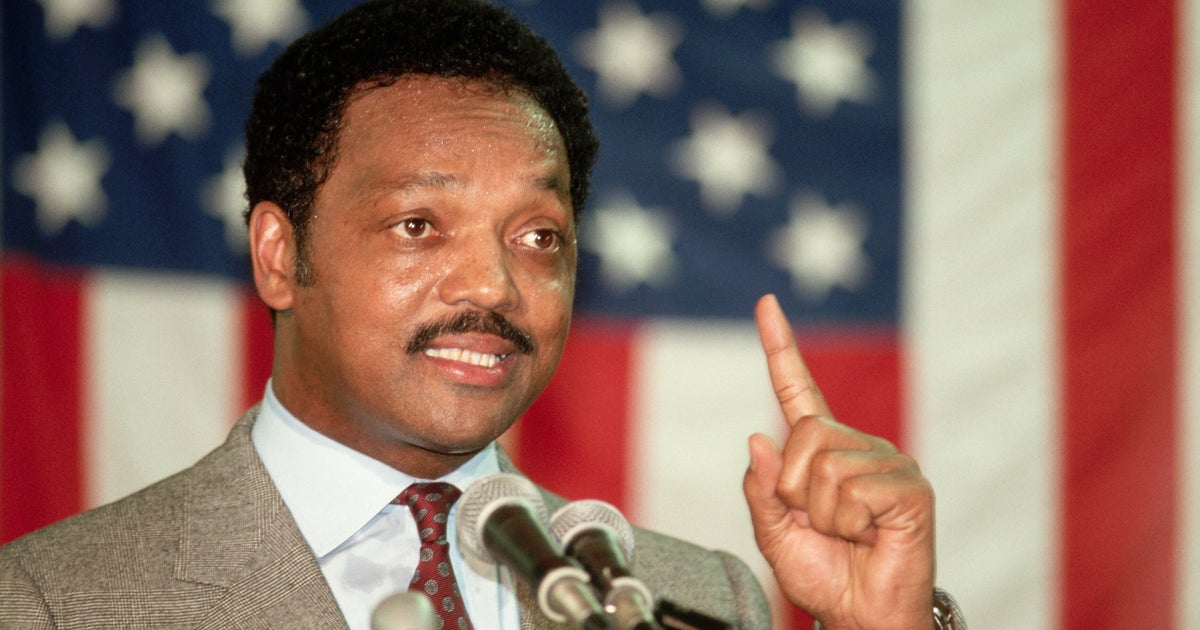Dems Ready For Long, Pricey Primary Between Clinton, Sanders
Follow CBSMIAMI.COM: Facebook | Twitter
MANCHESTER, New Hampshire (CBSMiami/AP) — With primary voting in full swing, Democrats are preparing for a long and pricey battle between Hillary Clinton and Bernie Sanders.
Clinton and Sanders are both flush with campaign cash. Clinton has overwhelming support among Democratic Party leaders, but Sanders foresees staying competitive by drawing new and younger voters into the primary process. And while Clinton is seen as having an advantage in the delegate-rich states that vote in March, Sanders' campaign is also mapping out plans to stay within reach during that all-important stretch.
"I believe he will have the resources to push this campaign well into the spring and we recognize this," Clinton campaign manager Robby Mook told reporters this week.
On the heels of Clinton's narrow victory in Iowa, both she and Sanders are competing aggressively in New Hampshire, which holds its primary on Tuesday. Sanders has held a solid lead here for weeks, leaving Clinton's goal to pull off a stronger-than-expected finish.
But as they vie for victory in New Hampshire, their campaigns are zeroing in on contests that fall later in the primary calendar. More than half of the delegates up for grabs in the Democratic race are on the table in March, with a heavy concentration on the first of the month — an 11 state voting bonanza known as Super Tuesday.
Clinton's campaign is particularly focused on seven Super Tuesday states with large minority populations, given that preference polls show Sanders lagging far behind in support from black and Hispanic Democrats. In a recent memo to donors, Mook singled out Alabama, Georgia and Texas, saying he expected more than half of Democratic primary voters in those states to be minorities.
Sanders sees opportunities on March 1 as well, particularly in Minnesota, Massachusetts and his home state of Vermont. In the furious final week of campaigning before the Iowa caucuses, Sanders left the state to headline a pair of rallies in Minnesota. The events drew a combined 20,000 people.
Even Sanders' recent back-and-forth with Clinton over adding more debates was steeped in delegate strategy.
When Clinton requested a debate be held in Flint, Michigan, which is dealing with a crisis over lead contamination in the city's water, Sanders made sure the contest was scheduled before the state's March 8 primary. He also successfully negotiated to hold another debate in California, which awards a large cache of delegates in its June primary.
Sanders wanted a debate in New York City, another delegate-rich target, but he was rebuffed. So now he's turned his sights toward Pennsylvania, which offers a big delegate haul.
Clinton already has an edge in the primaries due to her overwhelming support from superdelegates, the party leaders who can support the candidate of their choice at the Democratic National Convention. When endorsements from superdelegates are included, Clinton has 385 delegates and Sanders has 29.
It takes 2,382 delegates to win the Democratic nomination for president.
In an election where voters are frustrated with the political system, Sanders has tried to turn Clinton's backing from party leaders into a knock on her candidacy.
"I will absolutely admit that Secretary Clinton has the support of far more governors, mayors, members of the House," Sanders said during Thursday's contentious Democratic debate. "She has the entire establishment or almost the entire establishment behind her."
"But I am pretty proud that we have over a million people who have contributed to our campaign averaging 27 bucks apiece," he added.
Beyond the optics of Sanders' small donor network, his fundraising strategy has also proved capable of competing with Clinton financially. As a result, neither is likely to have to end their campaign because of money woes, even if the race continues into late spring or early summer.
Clinton began 2016 with about $38 million in campaign cash, $10 million more than Sanders had. Both saw their war chests grow bigger in January, with Sanders saying he'd raised $20 million last month and Clinton netting another $15 million.
Their fundraising reports for the last three months of 2015 showed Clinton has made a bigger investment in staffing. Sanders spent about $4 million in payroll and payroll taxes in that time; Clinton, almost $11 million.
Clinton has slightly outspent Sanders on radio and television spots aired so far, according to political advertising tracker Kantar Media's CMAG data. Through Friday, Clinton has spent $23.4 million. Sanders has spent $22.1 million. But Sanders has put substantial resources into the long game. He's aired about $1.6 million in ads in Nevada where Clinton has spent about $1 million so far.
Sanders also has about double the amount of TV and radio spending planned over the next few weeks. He's lined up about $1.5 million in future ads compared to about $730,000 for Clinton, the data show.
Beyond the delegate math and fundraising records, Democrats hope a lengthy primary battle results in a nominee strengthened by a vigorous campaign and a party energized by the process. Many Democrats now view Clinton's long, and ultimately losing, primary contest with Barack Obama in 2008 as crucial t getting voters engaged in the election.
"Democrats were getting energized by the race," said Mo Elleithee, who worked for Clinton's 2008 campaign.
But with the contest between Clinton and Sanders becoming increasingly rancorous in recent days, Elleithee cautioned that the benefits of a long primary, "depends on what kind of campaign it is."
Click here to read more about Campaign 2016.
(TM and © Copyright 2016 CBS Radio Inc. and its relevant subsidiaries. CBS RADIO and EYE Logo TM and Copyright 2016 CBS Broadcasting Inc. Used under license. All Rights Reserved. This material may not be published, broadcast, rewritten, or redistributed. The Associated Press contributed to this report.)

